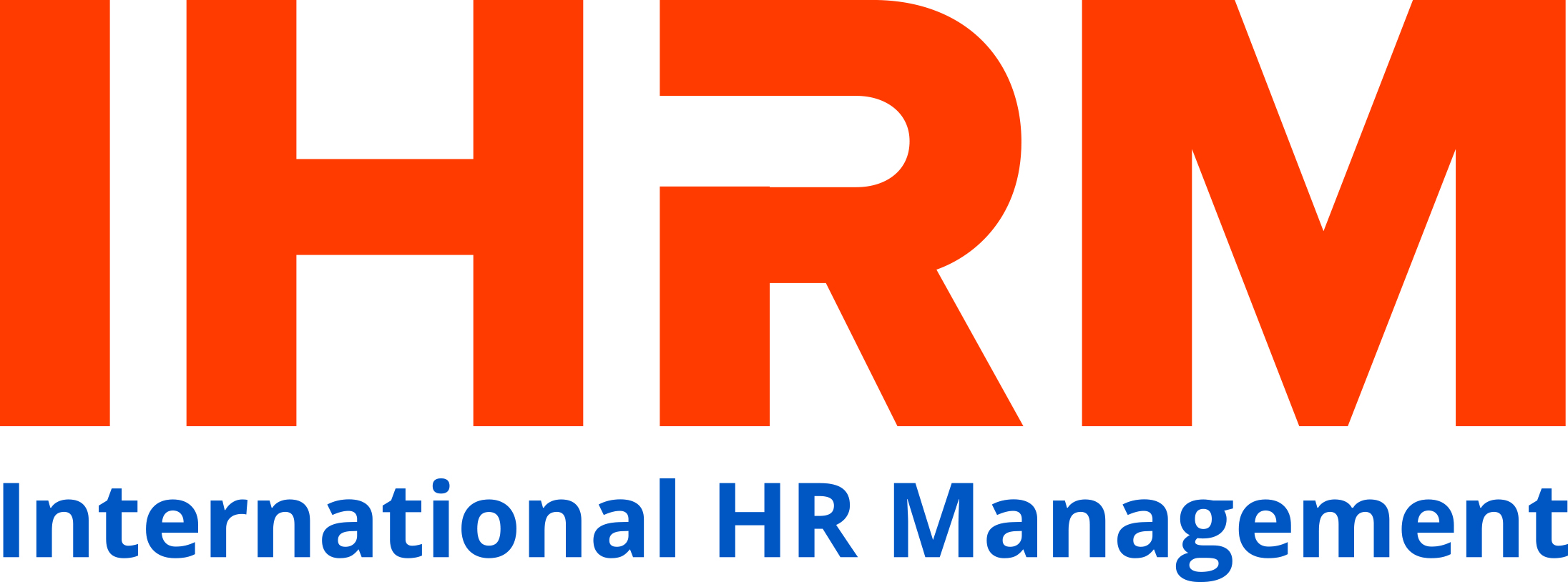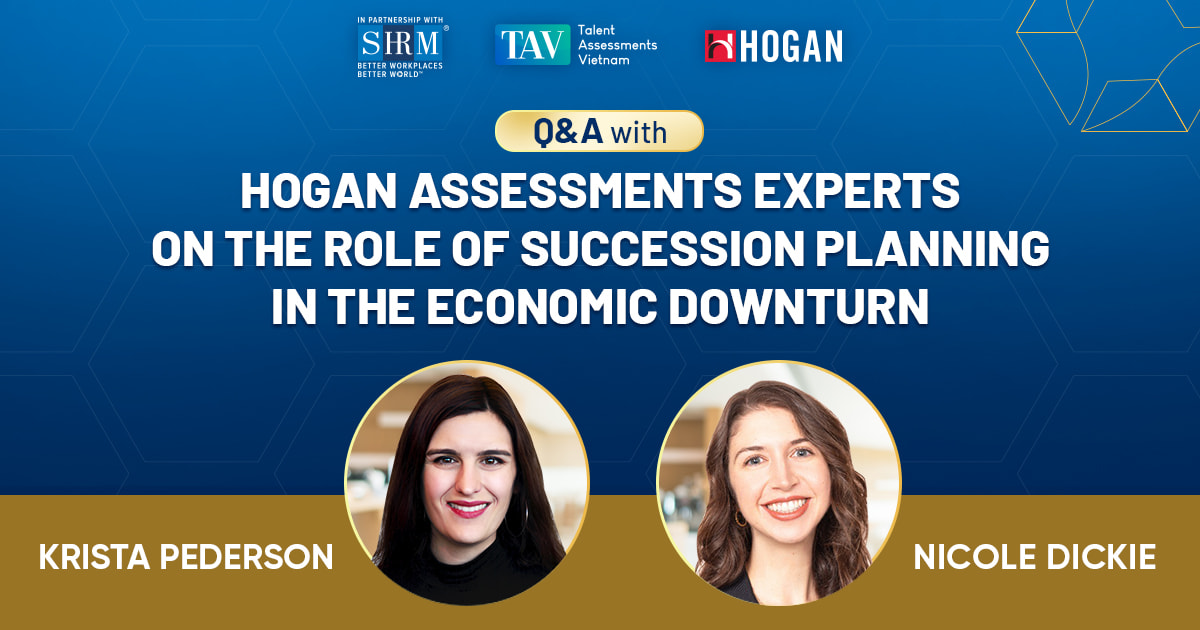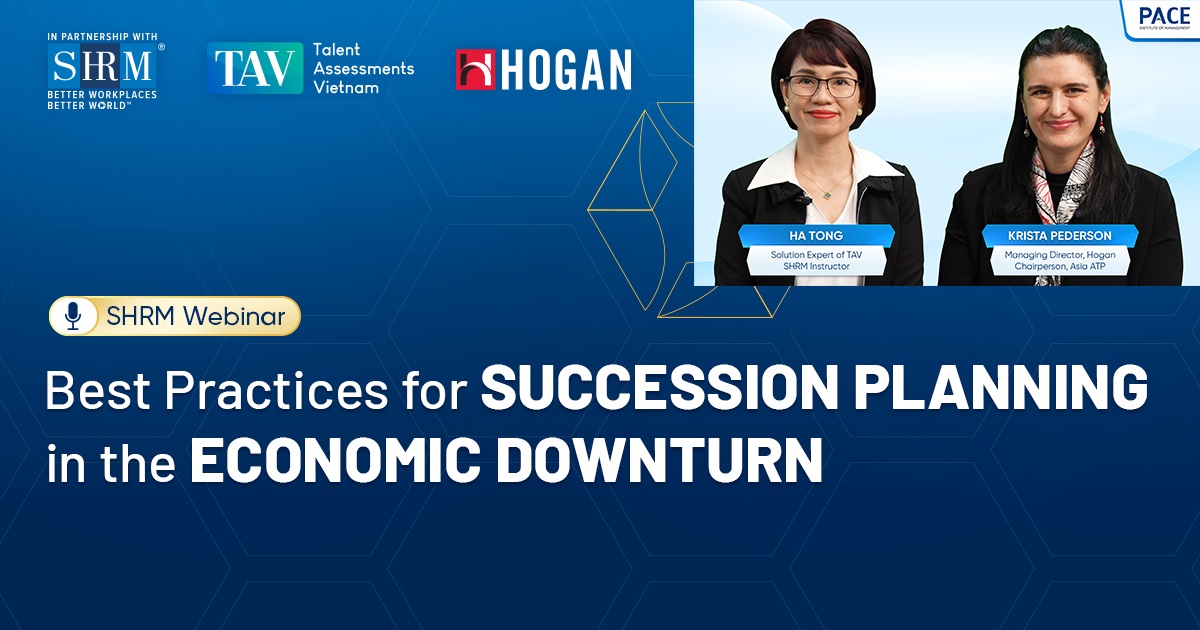WHY & HOW HR HELP BUILD EMPLOYEES’ SELF-AWARENESS
One trait of good and effective leaders is self-awareness. By being self-aware, a leader can consciously influence any situation and climate of a group. Adversely, not being self-aware could lead to unwanted and undesirable consequences such as low engagement in the workplace. While we know that self-awareness is important for a leader, then how important is it to employees?
The importance of self-awareness for employees
“There is no cure and no improvement in the world that does not begin with the individual himself.” – Carl Jung

An individual can only improve when their self-awareness is awakened. In a white paper, the notion of self-development is projected on the premise of an awareness of self. It is also the basis for all positive human endeavour and interaction. While not scientifically evidenced, the changes in one’s behaviour, resisting temptation, or filtering of irrelevant information is hugely dependent on self-awareness.
Another research found that self-awareness is needed for employees to create a more collaborative and effective team. Having low consciousness in oneself can lead to poor decision making. There will also be less coordination and less conflict management. The research also showed that the chances of team success cut in half due to lack of self-aware.
In conclusion, self-awareness is one of the drivers for humans to control emotion – an important trait for an individual to achieve goals and objectives. Another key point is that having consciousness can help employees manage their behaviours and interactions with others, resulting in an effective and productive engagement between staff and their works.
Building self-awareness in employees
- First, leaders should start investing in employees’ self-awareness. Investment can start from an assessment so you will know the improvement of each individual.
- Second, leaders can encourage employees to record their emotions regularly to help them look back and recognise patterns in emotions and how they reacted to them. The notes will help employees evaluate their own behaviour and develop or eliminate the one that is not desired. In this step, leaders can provide an ear to listen and advice when needed.
- Third, tell your employees to monitor the way they talk to themselves. Internal voices have a huge influence on our emotions and the way we think. Hence, being aware of this is an important step toward improving every part of an individual’s EQ.
- Lastly, encourage employees to practice mindfulness – how to manage and react to difficulties and challenges. Mindful self-awareness research revealed that mindfulness training will strengthen emotional self-awareness, resulting in a reduction in stress and anxiety which lead to better decision-making and collaboration.
|
Training Program
 Internationalize the human resource management capabilities of HR professionals in Vietnam
|








